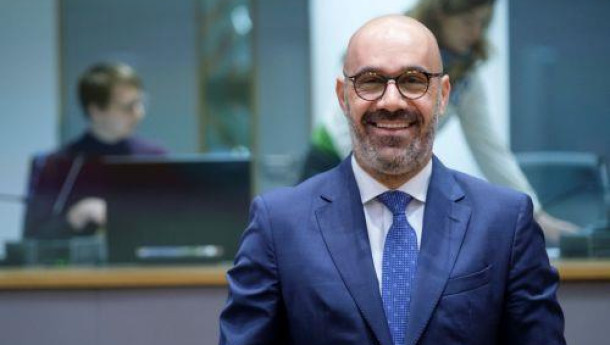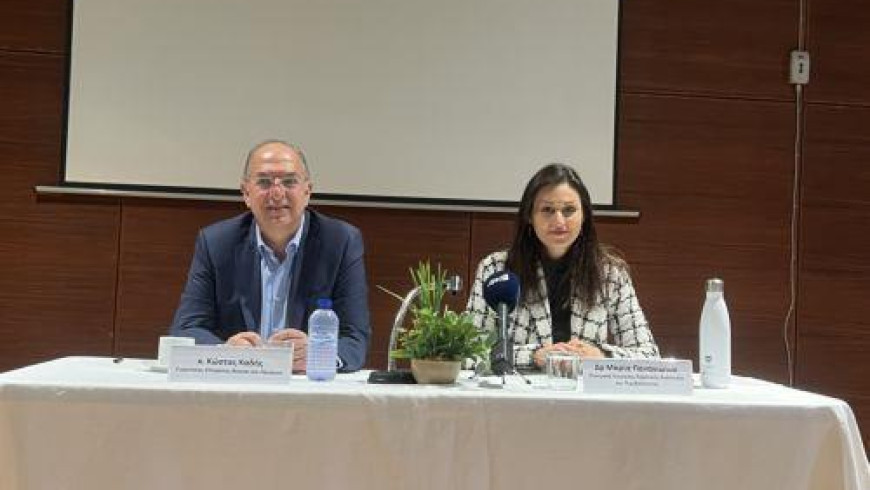
Deputy Minister for Research, Innovation and Digital Policy Philippos Hadjizacharia presented the government’s targets for the digital decade 2030 during a stakeholder meeting hosted on Monday by the Office of the Commissioner of Communications.
Hadjizacharias stated that the successful implementation of these targets will create the conditions enabling the attraction of investments and will strengthen the economy.
On the state’s digital transformation, the Deputy Minister noted that preparatory plannings have been concluded as the proposal for the restructuring of the Department of Information Technology Services has been submitted to the Ministry of Finance, external partners have been selected while the project for a “government cloud” will advance in 2024 and is scheduled to be implemented by the fourth quarter of 2026.
He also said that the Deputy Ministry continues to promote the introduction of modern information systems for the state services with a parallel planning for increase of their cybersecurity.
The Deputy Minister also highlighted the provision of digital services to the public accompanied by programmes of digital literacy, shaped according to the participants’ professional background, thereby securing “the transition for the new state of affairs.”
“We agree and follow the same approach in incorporating cutting-edge technologies in the private sector, in cooperation with the Ministry of Commerce and the relative grants offered,” he added.
With regards to the connectivity and given the full 5G coverage, the Deputy Minister noted that the government aspires via the Recovery and Resilience Plan to cover the “white areas” with a network of fibre optics.
Concluding, Hadizacharia said the Deputy Ministry’s activities are associated “with a new form of communication between the citizens and the state, the introduction of smart-city services from a central platform bringing new characteristics of inclusiveness allowing every citizen to enjoy quality state services with ease.”
On his part Communications Commissioner, Giorgos Michaelides said the 5G network is operational without leveraging on its full potential, that could provide specialised services that would improve the economy, create new jobs and improve the lives of the citizens.
He also highlighted the importance of new technologies and policies affecting the communication and information sector such as SDN, Cloud Computing Platforms, Sustainability targets, AI and Blockchain, adding that the aim is to give the necessary information for policy proposals and regulation through analytics and artificial intelligence (AI).
Michaelides also noted that the development of skills in very important for the Ofiice, noting a regional academy of technology, communication and information has been established with the aim to promote cooperation and exchange of expertise on a regional level.














 3287.99
3287.99 1275.09
1275.09
